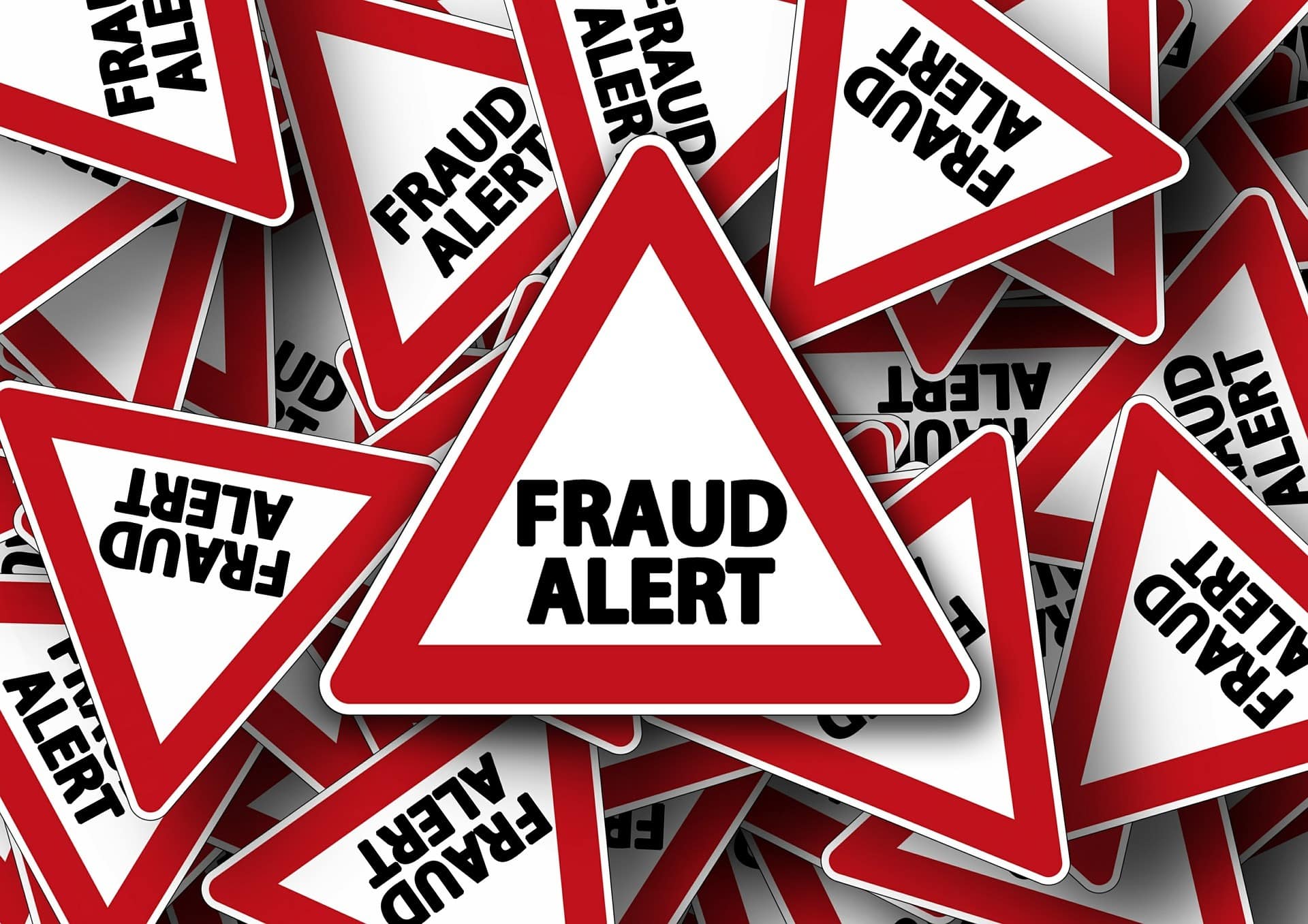The Gift Card CEO Scam “If It Sounds Too Good to be True”

“It certainly sounds legitimate”, many employees might think. And given the fact they know that staff members have been working hard, isn’t it great that the CEO has finally recognized all their efforts? Unfortunately, scammers have thought up a new way to confuse individuals and it has nothing to do with your company’s CEO or even more unfortunately, anyone’s hard work.
As the old adage states, “If it sounds too good to be true, it probably is”.
How the Scam Works
It isn’t that difficult for scammers to impersonate a CEO of a company. After all, the CEO’s name and other information is usually listed on corporate websites. In many cases employee names are listed as well, either for recognition of certain achievements or as heads of various departments within the organization. It’s easy for scammers to graft this information into an email, which they address to specific people in a company in order to impersonate their CEO.
Inside the email, the “CEO” asks the recipient to buy gift cards as a special recognition for either their hard work, or the efforts of one of their co-workers. Of course, since the email looks as if it was sent by the CEO, many staff members will fall for the scheme, buy the gift cards with their own money, and then send along the gift card numbers and PINs as requested by the “CEO”. Only later does the employee find out their real CEO wasn’t the actual sender of the email.
On the Job Protection Tips
Especially if you have never received an email directly addressed to you from the CEO of your organization — asking you to use your own money to purchase items, should set off alarm bells. Either call the CEO directly or talk to your supervisor and show them the email. Confirm the email is legitimate before dipping into your wallet for funds. If you do find the email is fraudulent, pass it along to the proper authorities in your company so they can alert everyone to be on the lookout for additional fraudulent emails. Keep the email so you can report it to legitimate organizations such as the FTC. Never respond to the fraudulent email. The scammers will simply provide more fraudulent information and they don’t need to know you are planning to report them.








Recent Comments